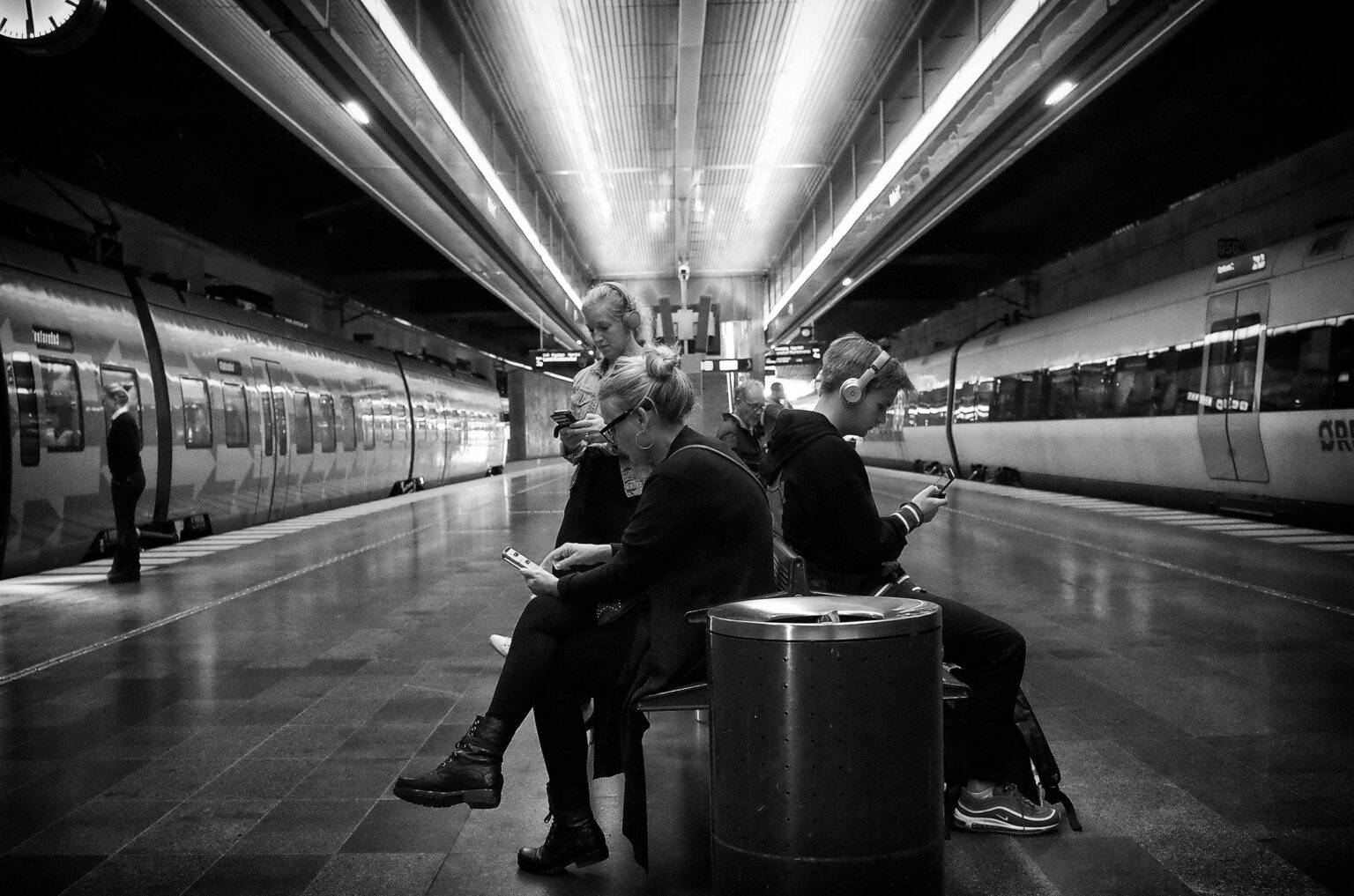- About
- Topics
- Picks
- Audio
- Story
- In-Depth
- Opinion
- News
- Donate
- Signup for our newsletterOur Editors' Best Picks.Send
Read, Debate: Engage.
| topic: | Election |
|---|---|
| located: | France |
| editor: | Abby Klinkenberg |
Gearing up for the French presidential election in April 2022, far-right journalist and polemicist Éric Zemmour announced his candidacy last week with a tremendously bizarre and inflammatory 10-minute-long video that strives to justify xenophobia and racism in nationalist terms. Rife with nostalgic appeals to a colonial past when “[French] soldiers conquered Europe and the world” and thinly veiled references to the ‘great replacement’ white-nationalist conspiracy theory, Zemmour launched his campaign to “save” France from Islam and immigration. In his video, Zemmour asserts “we will not be... colonised” suggesting that he strives to again make France the coloniser.
One might pause here and recall that France already has a resident far-right politician in Marine Le Pen - what makes Zemmour any different? Notably, Le Pen is no longer (as much of) an extremist fringe candidate: she has moved towards the political center in an effort to earn more votes and push her over the 50 percent threshold that kept her from winning the second round run-off between her and President Emmanuel Macron for France’s presidency in 2017. While she remains critical of the EU, she no longer seeks to leave it; while she remains staunchly anti-immigration, she now proposes a referendum on the matter. Shortly, her National Rally party’s anti-establishment identity has been abandoned as Le Pen has gone mainstream.
Enter the blatant and brazen extremism of Éric Zemmour.
As has been continuously noted, Zemmour’s campaign relies upon the same energy responsible for the rise of former-US President Donald Trump (though Zemmour himself finds these comparisons tired, instead seeing himself ‘more like Boris [Johnson]’). Strategically burying racism in nationalist rhetoric, anticipating his critics, and emboldening his fans, Zemmour addresses his potential supporters towards the end of his campaign launch video: “They will say that you are racist, that you’re driven by a dismal passion, while it is a passion of utmost beauty: the passion for France.”
Zemmour is no stranger to allegations of racism: his blatant xenophobia and homophobia have culminated in many fines and lawsuits over “incitement to discrimination and racial insults.” Twice convicted of inciting racial hatred in 2015 and 2020, Zemmour has fought back to get these decisions appealed; in six similar cases between 2008 and 2019, he was acquitted. Routinely disparaging minority communities, as Zemmour says in his video, he wants to check the power of “the minorities that keep imposing tyranny on the majority.”
Zemmour’s campaign aims to capitalise on existing anti-Muslim sentiment, which runs rampant in France, home to Europe’s largest Muslim community of an estimated 5 million people - approximately 7.4 percent of France’s total population. Not only rampant, Islamophobia also runs essentially unchecked: the state has continuously passed laws that curb the rights of Muslims, such as 2010’s notorious ban on full-face veils and its more recent (April 2021) iteration that prohibits minors from wearing the hijab.
Since taking office in 2017, President Emmanuel Macron’s controversial policies intended to regulate Islam in defense of laïcité (secularism) have only abetted the problem. Last year, France saw a 53 percent uptick in Islamophobic attacks compared to 2019, in addition to a 35 percent rise in attacks on mosques.
In January 2021, 36 NGOs and human rights organisations from 13 countries - including France’s European Muslim Initiative for Social Cohesion, the UK’s Muslim Association of Britain, and the Netherlands’ Muslim Rights Watch - issued formal complaints with the UN's Human Rights Council against France’s systemic Islamophobia. It is only in this kind of tense social environment, in which 7.4 percent of the country’s population is accused of facilitating its “downfall” that Zemmour’s incendiary hate speech can find an audience - now, he seeks to spin this audience into an electorate.
Given the growing and widespread anti-Muslim sentiment across the partisan spectrum in France, Zemmour (who will run as an independent candidate) might not be a mere flash in the political pan. In October, he and Le Pen were polling evenly at 16 percent, behind only Macron at 24 percent. Since then, he has fallen behind Le Pen, 14 percent to 19 percent. Whether he wins or not, Zemmour’s candidacy is undoubtedly putting pressure on France’s electoral landscape to move further to the right, particularly in terms of immigration and religious freedom.
Photo by Victor Hughes

